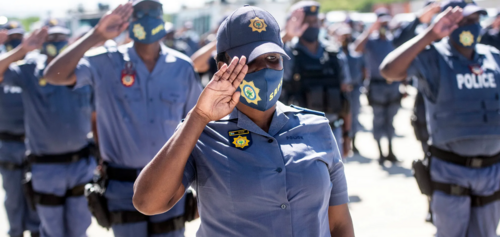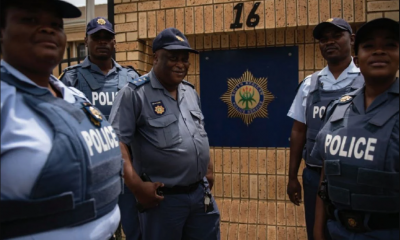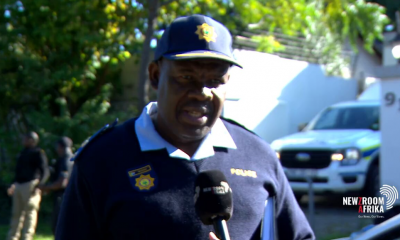411
Reforming SAPS: Expert Urges Overhaul of Policing Models to Tackle South Africa’s Crime Crisis

The South African Police Service (SAPS) is facing a critical need for reform, with an expert from the Institute for Security Studies (ISS) calling for a drastic overhaul of the current policing models. David Bruce, an expert in law enforcement, highlighted the need for policing models that are better adapted to the unique challenges of South Africa, which has seen a rise in organized crime, outdated systems, and a severe shortage of resources.
In a statement made during the 2025 National Policing Summit, President Cyril Ramaphosa pointed out several troubling issues within SAPS, such as declining personnel numbers and insufficient resources to tackle growing criminal activity. Bruce, commenting on the situation, argued that SAPS had failed to update its policing methods to meet South Africa’s specific needs. “The current policing model is out of step with both international best practices and the demands of South African society,” said Bruce.
Bruce emphasized that SAPS’s heavy focus on maintaining high visibility in crime-ridden areas was not sustainable given the department’s resource constraints. These issues, he noted, severely hinder crime investigations, particularly in the face of sophisticated organized crime syndicates operating in the country.
Resource Shortages and Outdated Technology
The resource crisis within SAPS is mirrored by a failure to integrate modern technology into its operations. Bruce noted that despite attempts to introduce tools like body cameras, there was no clear strategy guiding technological investments. “SAPS must implement a comprehensive technological platform to optimize crime information management and improve law enforcement,” he said.
One of the biggest challenges facing SAPS is its reluctance to embrace technological advancements that could streamline operations. Bruce recommended an overhaul of the SAPS Crime Intelligence division, suggesting a more specialized and integrated approach to combat corruption and organized crime.
Efficiency Problems and Mismanagement of Resources
Concerns about inefficiency within SAPS were also raised by Ian Cameron, chairperson of the Parliamentary Portfolio Committee on Police. He pointed out that despite large amounts of money being allocated for policing, significant portions of the budget were returned to the Treasury due to unspent funds. Cameron criticized the bureaucratic inefficiencies that prevent the police from utilizing resources effectively, which could have been used to bolster their efforts in fighting crime.
The issue of SAPS’s mismanagement of resources is compounded by a lack of skilled personnel. Chad Thomas, a crime expert, noted that the police force was losing experienced officers to early retirement or private sector opportunities, leading to a shortage of skilled detectives. He warned that these shortages leave law enforcement ill-equipped to combat transnational crime syndicates, particularly in the face of rising violent crime.
Recommendations for Reform
Experts agree that the solution lies in a more coordinated approach. Bruce recommended rethinking SAPS’s structure, particularly by merging overlapping units such as the National Intervention Unit (NIU) and Tactical Response Teams (TRTs) to improve efficiency and reduce unnecessary duplication. Additionally, he called for greater collaboration between SAPS and the private security sector, which could offer valuable support in addressing South Africa’s crime challenges.
In conclusion, experts agree that SAPS must adapt to modern law enforcement strategies, invest in new technology, and address inefficiencies within the department if it hopes to effectively tackle the growing crime crisis in South Africa. The call for reform is clear: the SAPS must evolve if it is to protect citizens and restore trust in the police force.
{Source: IOL}
Follow Joburg ETC on Facebook, Twitter , TikTok and Instagram
For more News in Johannesburg, visit joburgetc.com



























